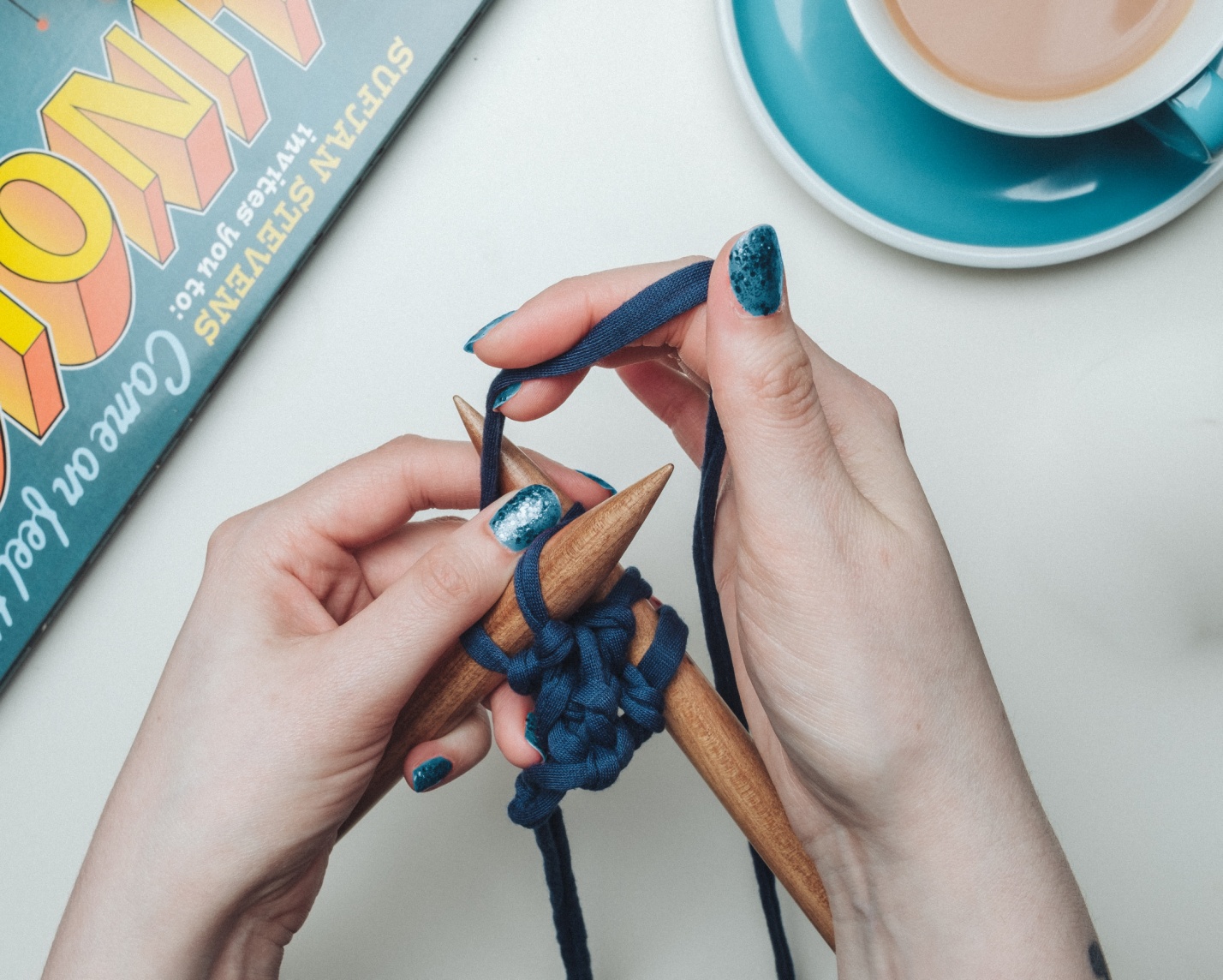
Getting Addiction Help and Managing Recovery During a Quarantine
Around the globe, the coronavirus pandemic has presented challenges and created stress. For those who are addicted or in recovery, feelings of pressure and isolation during quarantine may increase the temptation to use drugs or alcohol. Social distancing guidelines may have put limitations on normal activities, but there are still ways to cope and avoid a relapse during this unusual time.
Use Digital Communication and Online Resources
Internet access and mobile devices are your friends right now. Even if you aren’t able to attend your usual in-person 12-step meetings, group therapy, or other such gatherings, you can likely continue getting that kind of support digitally. Meetings, counseling sessions, and sponsor chats can all be done online or over mobile data via streaming, video chat, and virtual appointment platforms. Despite being separated from others during quarantine, you can still maintain a social support system and keep one another accountable.
Be Aware of Your Triggers and Have a Plan
Know what your triggers are and do your best to minimize them during this time. If certain people or places are triggers for you, social distancing may be helpful in keeping you away from them. Other triggers, however, may be harder to face in quarantine—like arguments with roommates, feelings of isolation, or boredom.
Have a plan for minimizing or coping with your triggers during quarantine, such as going outside for a few minutes, distracting yourself with an engaging activity, or setting additional boundaries in relationships.
Start a Healthy New Hobby or Routine

Your usual routine may have been interrupted, but that just means it’s the perfect time to create a new daily routine. Discover a new interest or get into a hobby you always wanted to try. It’s not just about keeping yourself busy; it’s about rolling with the punches, adjusting to change in healthy ways, and caring for your mental and emotional health. If you’re in recovery, this is a chance to practice what you’ve learned.
Use This Time to Research Drug Rehab Facilities and Programs
If you haven’t yet been through addiction treatment or feel like you need additional support, use this time to look into rehab options in depth. Even if you’re not yet able to enter a full inpatient drug rehab program, it’s never too early to make a plan. A wealth of information is available online, and you can call or email staff with questions. When it’s finally time to enter treatment, you’ll already have everything you need to make a decision.
Get Help with Inpatient Drug and Alcohol Rehab from Yellowstone Recovery
Whether you’re in recovery or are still struggling with dependency, our drug and alcohol treatment programs can help you develop the coping skills and support system you need to overcome temptation even in difficult times like these. With our experienced staff, clinically backed techniques, and a compassionate attitude, we’ve helped thousands achieve sobriety and reclaim their lives. Contact us today for more information.








